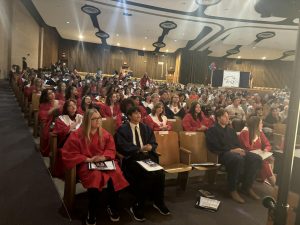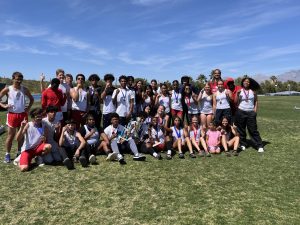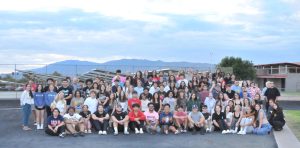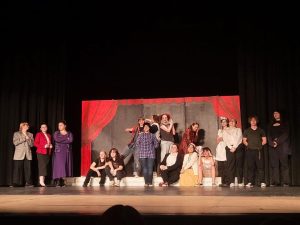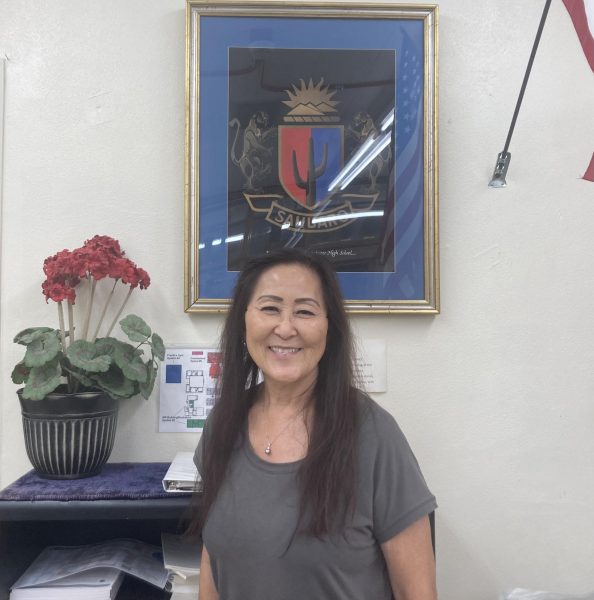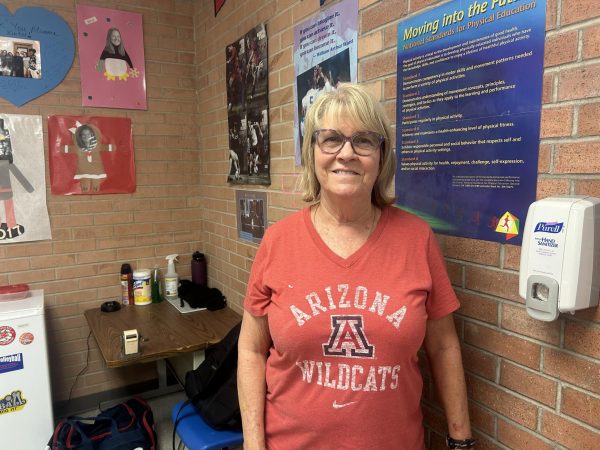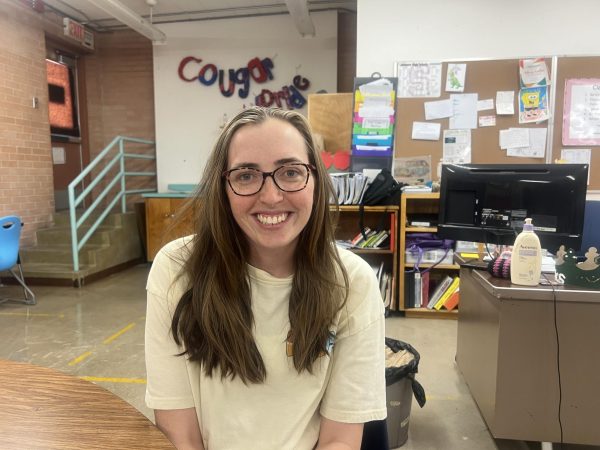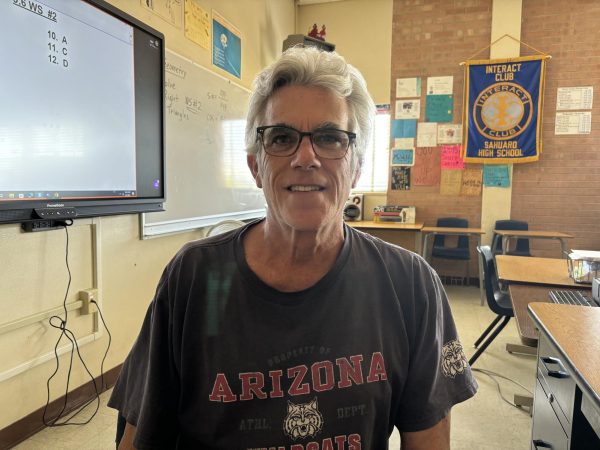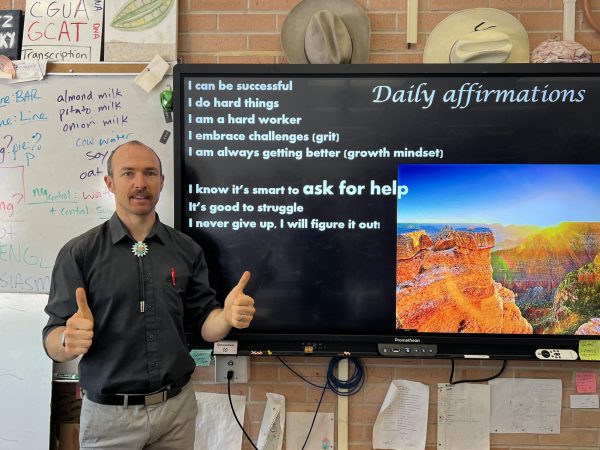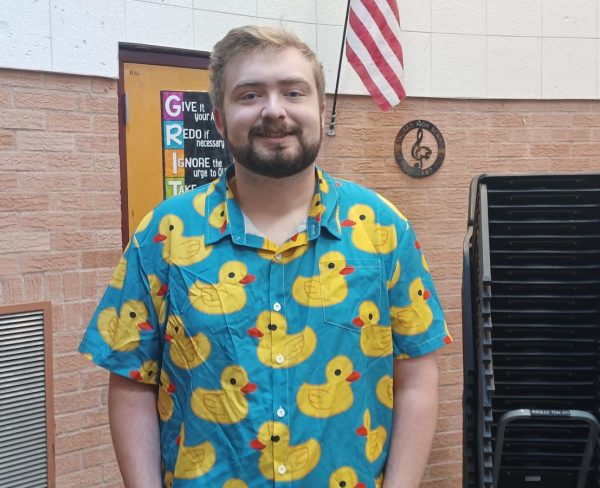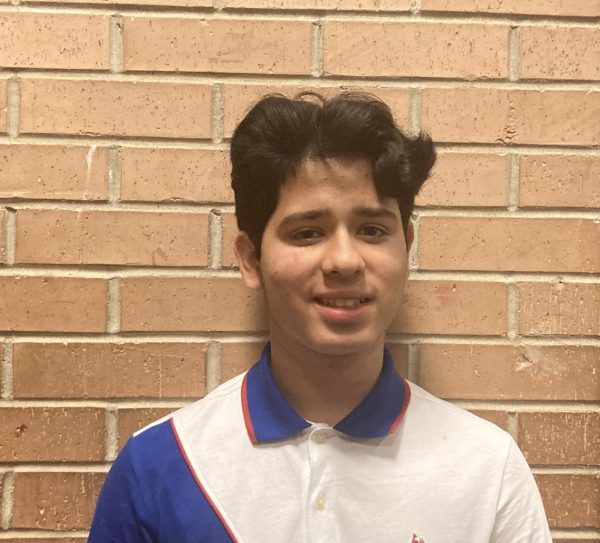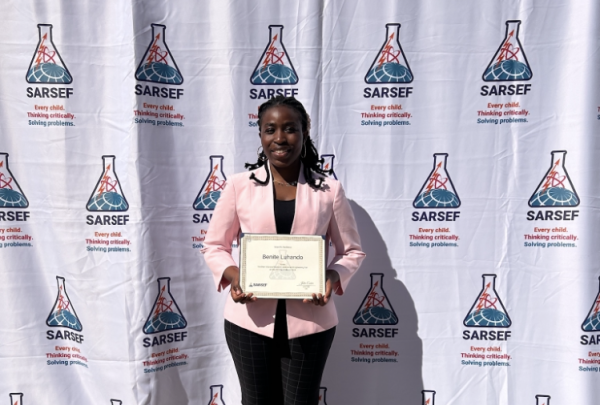Alen Naprelac’s Journey- How He Became Fluent In 6 Languages
January 12, 2021
“Ahoj!” says Sahuaro junior Alen Naprelac.
Surprisingly, this isn’t the only language Alen can say hello in. Alen is in his junior year at Sahuaro, already speaking 6 languages fluently. These languages consist of English, Bosnian, Czech, Serbian, Croatian, and Slovakian. Although this may seem like a lot for the brain to handle, Alen has been multilingual since he was just eight years old.
Alen was born in Czech Republic, living there until he left in 2012 to come to the United States. Before coming to the United States, Alen says he spoke Czech and Slovakian, both the native languages of the Czech Republic and Alen’s first languages. Alen understood Bosnian because it was the language his brother spoke at home. Over time, he began to pick up on the words and how to pronounce them, eventually learning to speak the language fluently with the help of his brother.
After Alen became fluent in Bosnian, learning new languages came natural to him. He gained confidence in his learning abilities and knew that any new languages could be acquired with time and practice, although he hadn’t intentionally learned any of the previous ones. Every summer Alen would travel to Croatia with his family. This gave him the opportunity to converse with several friends and family who spoke Croatian and Alen learned it, becoming his fourth fluent language. For his fifth language, Serbian, he learned through speaking with family and friends as well. “Serbian has similar structures like Bosnian and Croatian, making it easier to learn,” he says. For the most part, these languages came naturally to him because he was living in the atmosphere they were spoken in. “I don’t remember learning any of the languages, but I know most were picked up pretty fast,” he says. 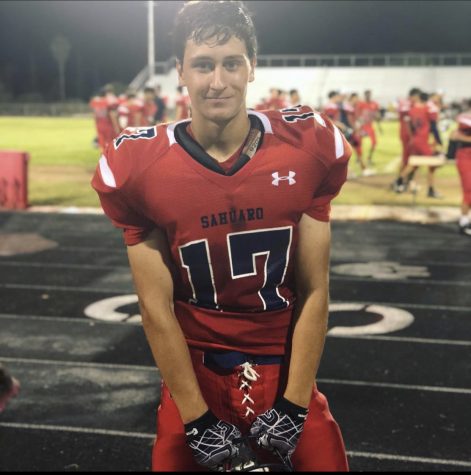
The sixth language Alen learned was English at eight and a half years old, after moving to the United States. “Learning English took me about two months, and I recall it being fairly simple to learn.” Now that Alen has been in the US for the past eight years, he doesn’t have the opportunity to speak his native languages as frequently. This has caused Alen’s fluency to become weaker, making English his strongest language since he uses it on a day-to-day basis.
Although I, along with many of the people reading this may find the variety of his languages to be intriguing, Alen disagrees. “Speaking multiple languages can be a challenge sometimes because it causes me to get confused with certain words a lot,” he says. “Being fluent in the languages I speak isn’t very beneficial here because not many people in Arizona speak them,” he continues. Although Alen makes a valid point, I still disagree. Knowing six languages is not very common and can give you many cognitive benefits, like having an improved memory or a better ability to multitask! Needless to say, this is a very interesting skill, and I believe everyone should invest in learning at least another language throughout his or her lifetime!

